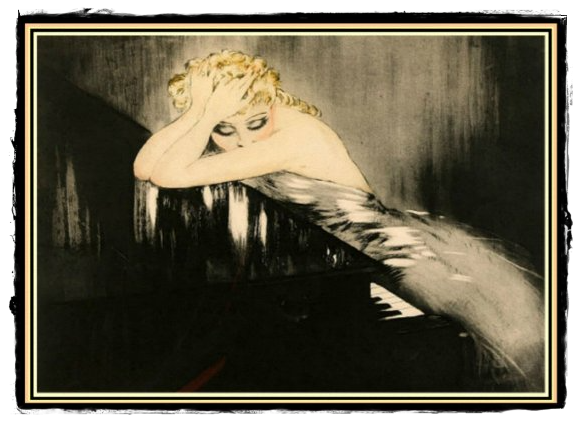It’s probably not easy to justify the creation of new Classical music today. In most cases, people just do not have enough time to get acquainted with existing masterpieces created more than two hundred years ago… However, classical music remains pure art, outside of political context. And not everyone should listen to intellectual music, just as not everyone should become a philosopher. Intellectual music can be subjective, but it generally refers to music that is complex, thought-provoking, and often requires active listening and analysis.
Maybe the simple response to this pertinent question is that it is a matter of individual taste and preference. If it were not relevant then its survival up to the present day would seem unlikely, yet the internet, the CD shelves and the concert halls still ring with the sound of Classical Music. This would imply that the listening public still feels that Classical music has relevance to them and their lives.
Contemporary classical music is a varied genre that generally includes music written throughout the twentieth and twenty-first centuries. The term “contemporary classical music” embodies a wide range of styles and periods, including, Modernism, Neoromanticism, Neoclassicism, Postmodernism, and the Avant-Garde. However, there are certain musical ideas and aesthetic philosophies that guided the evolution of each of these styles.
